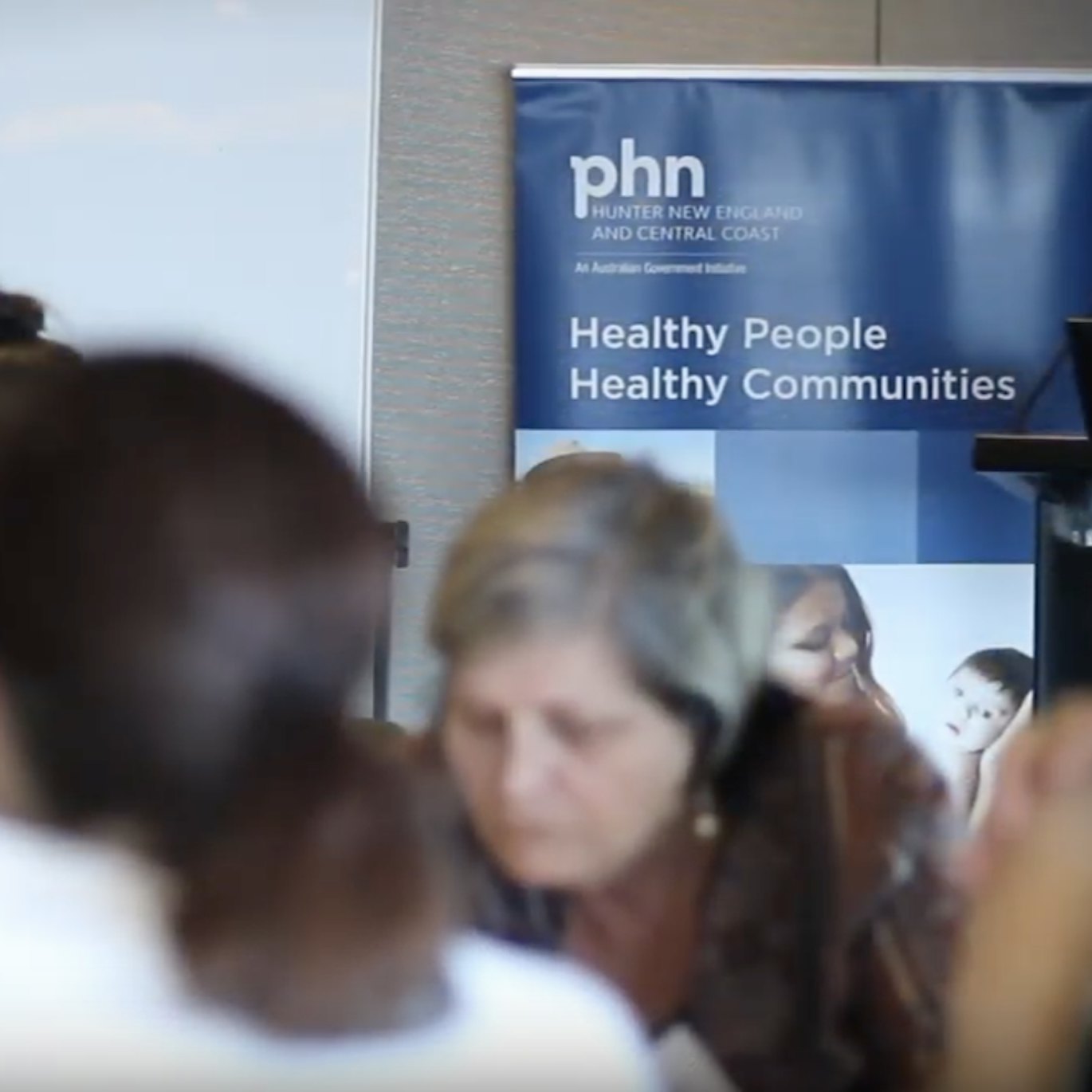
September 19 2019
Find out about PHN's Community Advisory Committees
HNECC PHN has three Community Advisory Committees based in Erina, Tamworth and Newcastle.
20
March 2023 Mar 2023
The PHN is encouraging people across the Hunter, New England and Central Coast to consider their future health care preferences and understand the importance of advance care planning, during this year’s Advance Care Planning week.
Advance care planning involves planning for your future health care. It enables you to make some decisions now about the health care you would or would not like to receive if you were to become seriously ill and unable to communicate your preferences or make treatment decisions.
A spokesperson for the Hunter New England Central Coast PHN says advance care planning can give everyone a voice so your health care remains your choice, regardless of what the future brings. “The PHN wants to encourage people to prepare for a time when they may be too sick to speak for themselves because no one wants a loved one having to make tough decisions on our behalf in a crisis.”
Only 15 per cent of Australians have documented their preferences in an advance care directive, despite the fact that over 50 per cent of us will be too unwell to make our own end-of-life decisions. In the last three years, many people across all ages have changed their attitudes towards their own health because of COVID. As the community has become more aware that we cannot control all aspects of our health, advance care planning is becoming an increasing priority for individuals. It’s also becoming a higher priority for the health, aged care, disability and community sectors.
Xanthe Sansome, Program Director of Advance Care Planning Australia (ACPA) praised the community for getting behind the initiative. “We hope that this awareness week inspires people across the region to speak up and ensure their preferences are heard and respected. While you still have decision-making capacity, have an honest conversation with those closest to you and consider creating a legally-binding advance care directive or appointing a substitute decision maker. It helps others know and provide the care you want,” said Mrs Sansome.
Key facts about advance care planning
Read more about Advanced Care Planning
[1] Maria J. Silveira, M.D., M.P.H., Scott et al, Advance Directives and Outcomes of Surrogate Decision Making Before Death, The New England Journal of Medicine, 2010; 362:1211-1218. Available at https://www.nejm.org/doi/full/10.1056/NEJMsa0907901
[2] White, B., Willmott, L. et al, Prevalence of advance care directives in the community: A telephone survey of three Australian States. Internal Medicine Journal, 49(10), pp. 1261-1267. Available at https://eprints.qut.edu.au/126743/2/126743.pdf
[3] Australian Bureau of Statistics. Deaths, Australia, 2016. Available at http://www.abs.gov.au/ausstats... (last accessed 17 April 2018).
[4] <a href="http://www.abs.gov.au/statistics/health/causes-death/causes-death-australia/latest-release#:~:text=cause%20of%20death.-,In%202020%3A,causes%20of%20death%20from%202019" class="redactor-autoparser-object">www.abs.gov.au/statistics/heal...
[5] Detering KM, Hancock AD, Reade MC and Silvester W. The impact of advance care planning on end-of-life care in elderly patients: randomised controlled trial. Bmj. 2010; 340: c1345.
Subscribe to our mailing list to get all the latest news updates delivered to your inbox.